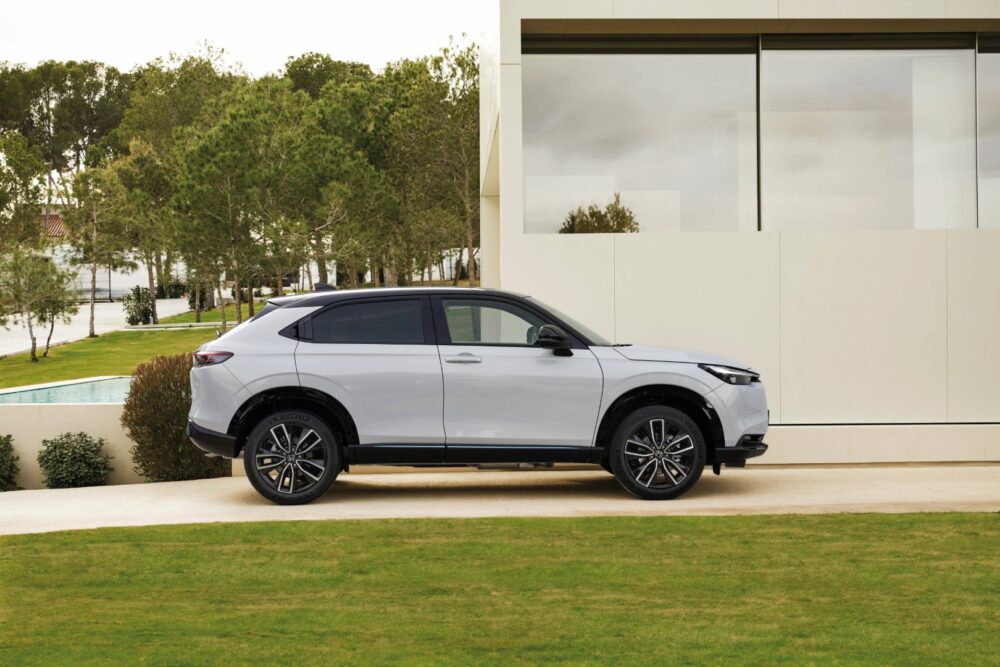Market: Bitter times for importers
SANCTIONS AND DECREASES As reported by the Swiss Federal Office of Energy, the average carbon dioxide emissions of new passenger cars in Switzerland last year was 138.1 grams per kilometer. This could not be reduced compared to 2018, when the value had been 137.8 g/km, although new vehicles on the road have effectively become more fuel-efficient. Furthermore, [...]

This could not be reduced compared to 2018, when the value had been 137.8 g/km, even though new vehicles on the road have effectively become more fuel-efficient.
In addition, sales of new passenger cars suffered significantly from the effects of the Corona crisis.
Introduction of a new test cycle
The unsatisfactory emissions result is primarily due to the widespread introduction of the new WLTP test cycle, which leads to higher CO2 values on paper for comparable models.
The increase in penalty payments compared to the previous year stems from the increase in the amount for the first three grams above the brand-specific target value.
Noticeable change after conversion
Christoph Wolnik of auto-schweiz, the Association of Swiss Automobile Importers: "We already felt the impact of the WLTP changeover in 2018. According to the SFOE, the CO2 emissions of a comparable model are around five to six percent higher when measured by WLTP. In 2018, this adjustment only applied to around 25 percent of new passenger cars; in 2019, we were at over 90 percent share."
This effect also more than makes up for the significant gains in market share made by alternative drive systems. In 2019, 13.1 percent of new vehicles were equipped with a hybrid, electric, gas or fuel cell drive, compared with just 7.2 percent in 2018.
Alternative drives on course for growth
It is true that alternative drive systems are still on a growth trajectory and achieved a record market share of 21.6 percent in the first half of 2020.
However, the crisis could put a severe damper on the reduction in the CO2 average that the company is aiming to achieve.
Christoph Wolnik: "Numerous new models will now be delayed on the market and will not help us this year, or will help us significantly less than expected."
Sanctions of 78.1 million Swiss francs
The narrow miss of around six percent means that automobile importers will have to pay penalties of 78.1 million Swiss francs in 2019. Swiss importers will therefore have to pay dearly for the change to the test cycle that applies in Europe.
34.3 percent fewer passenger cars
The half-year results on the market for new passenger cars in Switzerland and the Principality of Liechtenstein are also sobering.
With a 34.3 percent year-over-year decline, the Covid 19 pandemic has ripped a hole in six-month sales that is just over one-third of last year's market volume.









